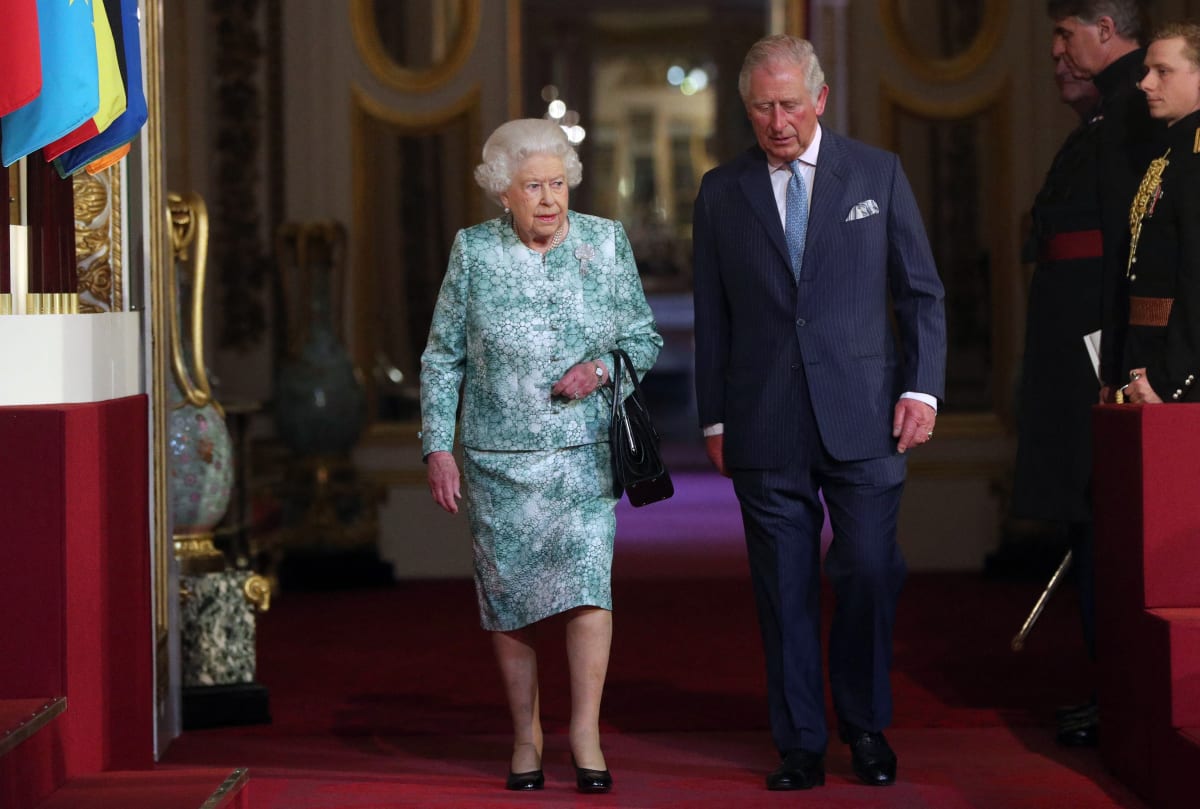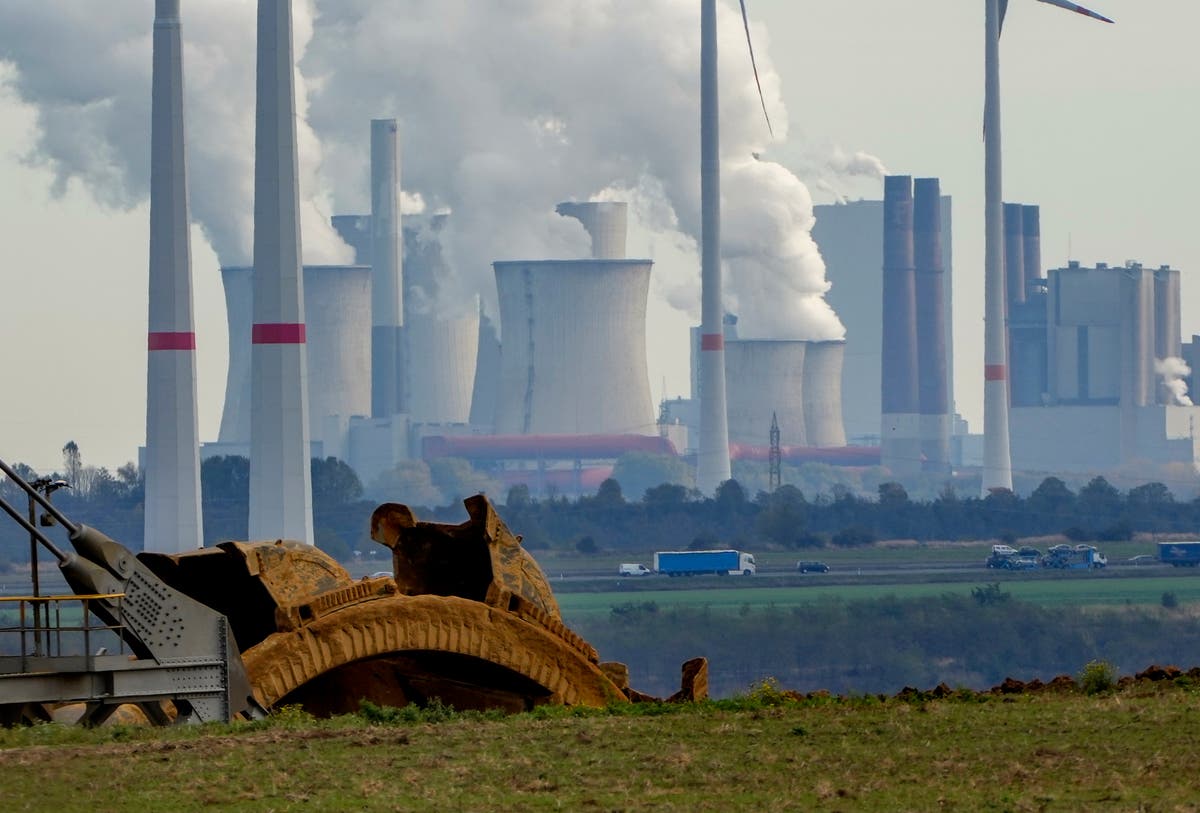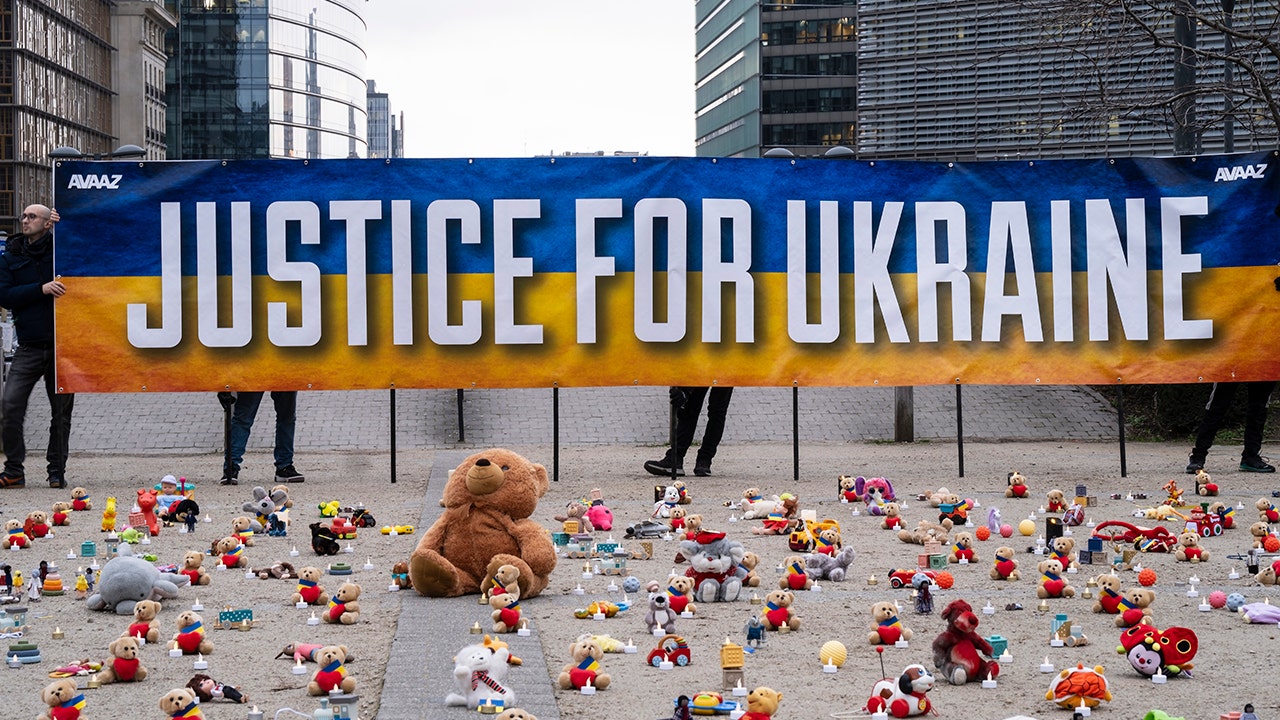Neil Ferguson: ‘I gave them an open goal to some extent’ | World news
This year will go down as a challenging one for most people, but for Neil Ferguson, the epidemiologist in charge of Imperial College’s influential Covid-19 modelling, it has been an intense, professionally rewarding but personally difficult 12 months.
“It has been very hard to switch off,” he says, taking care to point out that it’s a problem with which many of his colleagues have also had to contend.
Back in March, it was Imperial’s projection that was credited with supposedly changing the government’s strategy from Sweden-style light touch to full lockdown. His university department’s role and his in particular have been overstated, he says, and that many other players “contributed to the evidence base”. But there’s little doubt that he became the public figurehead for the argument that without a lockdown hundreds of thousands would die in Britain.
In those early days, he was putting in 16- to 18-hour shifts until, as he puts it, he had “a kind of week off in May”. He’s referring to the exposure of an incident in which his lover left her family home and visited him on at least two occasions, thus breaking lockdown rules. Some sections of the press could barely conceal their jubilation.
“I gave them an open goal to some extent,” he says, “and that was my own fault. I called it an error of judgment, but it was a mistake. Something I didn’t really think about at the time. In some sense, it was a risk-based judgment, which is exactly the wrong thing to do.”
He resigned from his post on the government’s Scientific Advisory Group for Emergencies (Sage). But was that just for a week?
“I have to be diplomatic here,” he says, a little coyly. “It didn’t affect the quality of scientific advice the government was getting in any significant way. The main thing that happened was I no longer attended Sage meetings.”
He says that negative attention predated the quarantine transgression. “People had set up bots, which bombarded my email account with over a million emails a day from late March onwards,” he explains.
He was also the subject of countless hacking attempts and a torrent of “very unpleasant messages”. He found the sheer weight of the aggression “emotionally debilitating”. Again, he emphasises that he was not alone in suffering this treatment, that many other public health figures received similar or even worse outpourings.
“Unfortunately, there’s a certain tendency that doesn’t really believe in chance,” he says, “and wants to blame people. It’s classic conspiracy theory and kind of sad.”
He has a great deal of sympathy for people on whom the lockdown had a particularly negative impact and sometimes he has communicated with angry correspondents, if they show signs of wanting to understand.
Although he has been a leading figure in epidemiology for many years, and has been involved in a number of viral outbreaks, here and abroad, none of that prepared him for the level of media attention he has received this year. He talks about on occasions giving a short interview and then seeing headlines around the world. “It’s quite a strange experience for a scientist,” he says.
Lean and bespectacled with a measured, rather inexpressive way of speaking, Ferguson looks the part of the number-crunching, dispassionate scientist. But he takes the responsibility of communication very seriously. It’s a moral obligation, he believes, if you’re advising on aspects of science that profoundly affect people’s lives.
Yet as he is at pains to remind us, advise is all he does. “You’d find it hard to find an interview clip of me saying the government should do this. I’m very careful.”
All the same, he’s not without his opinions about policy, which he tends to restrict to the past rather than making public suggestions about the future. He thinks the tier system was destined to end up in a lockdown of some kind because it was only really effective when strict restrictions were brought in.
“It was slightly sad to me that the number one lesson from the first wave of transmission, which is that those countries that acted early had by far the best outcome and had lockdown in place for less time, was not remembered by the autumn.”
He doesn’t blame anyone, noting that most countries in western Europe suffered the same form of amnesia. In any case, be believes Boris Johnson, Emmanuel Macron and Angela Merkel would have all gone for earlier lockdowns if they weren’t under enormous political pressure to keep their economies going.
By the same token, he acknowledges that no politician can hope to cancel Christmas, but there will be consequences in terms of a rise in transmission, though he thinks “it could be quite short-lived”.
Perhaps not surprisingly, Ferguson says that he has struggled to switch off or engage with friends and family. In pre-Covid days, he relaxed through exercise – “I used to be something of a gym addict” – but the daunting mass of work, let alone gym closures, has meant that he’s been chained to his desk.
Hopeful about the vaccine developments, he is excited about the “unprecedented levels of scientific collaboration and sharing of data” that have characterised research over the past year. In some ways, he says, the Covid crisis has been a “triumph of the scientific community and modern science”.
He would like to see the global commitment shown in the face of this pandemic replicated in dealing with climate crisis, which he says is going to kill many more people. The massive mobilisation of governments, funds and people we’ve seen “opens up vistas of possibilities that we maybe didn’t appreciate were even feasible at the beginning of this year”.
But what he’s most looking forward to is a long break. He’s going to take at least a month off. “I’m going to reconnect with friends, family, loved ones. Maybe take a trip or two. I haven’t decided yet,” he says, sounding very much like someone who is looking forward to saying goodbye to 2020.





